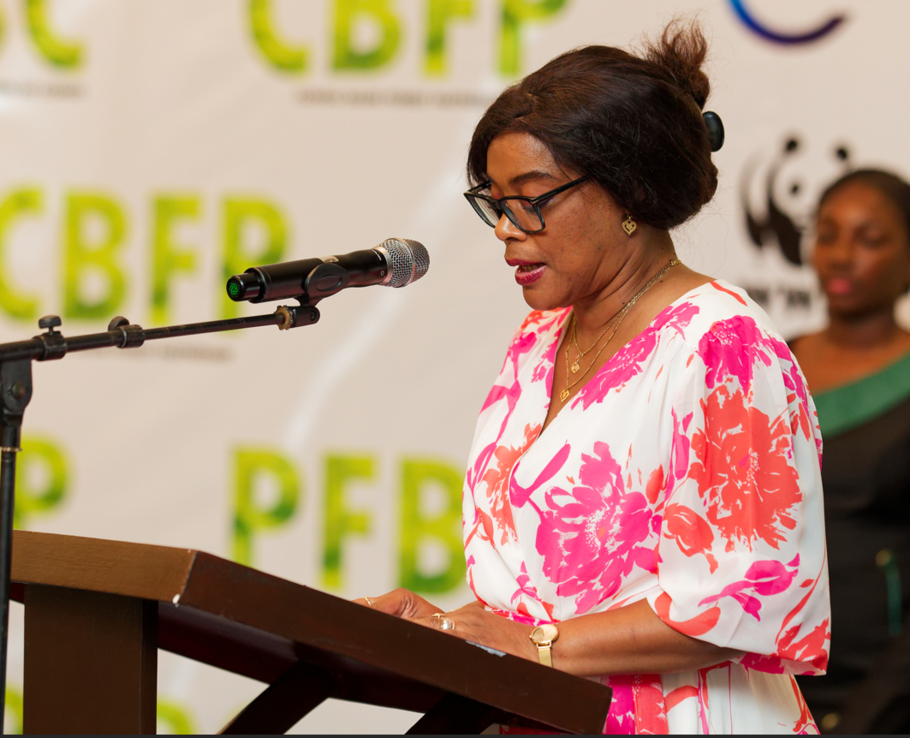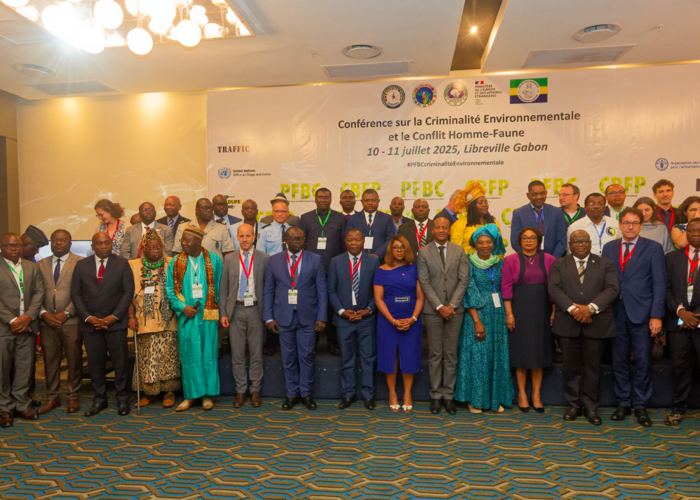
On July 10 and 11, 2025, Libreville, capital of the Gabonese Republic, hosted a major sub-regional conference bringing together members of the Central African Forests Partnership (CBFP).
Focused on environmental crime and human-wildlife conflict, this meeting marked a strategic turning point for Central Africa in terms of ecosystem preservation and human security.
The conference, preceded by several thematic events (scientific sessions, civil society forums, protected areas discussions, transhumance debates, and the launch of the CRAFT project), helped to strengthen synergies between state and non-state actors, as well as technical and financial partners. The dual objective: to curb environmental crime which fuels regional instability and to find long-term solutions for improved coexistence between human communities and wildlife.
Combating Environmental Crime: A Regional Imperative
The final declaration adopted in Libreville highlights the need for a strong, coordinated, and multisectoral political response across Central Africa. Proposed measures include the development of a common strategic vision, an audit of existing mechanisms, the harmonization of legal frameworks, and the integration of practices drawn from efforts to combat transnational organized crime.
Strengthening cooperation between judicial authorities and law enforcement, protecting environmental defenders, and developing integrated communication on environmental crime are also top priorities. Involving the private sector, tackling corruption, and integrating these issues into national and international strategies (such as NBSAPs, the Kunming-Montreal Global Biodiversity Framework, and the UNTOC Convention) are also considered essential.
Better Preventing and Managing Human-Wildlife Conflict
In the face of growing human-wildlife conflict, often exacerbated by human pressures, CBFP members are calling for a more integrated approach. This means including such conflicts across all public policy areas (agriculture, security, infrastructure, health, etc.) and establishing well-resourced, multisectoral governance platforms.
Operationalizing national monitoring systems, incorporating HWC into impact assessments, and implementing a regional program based on IUCN guidelines are key recommendations. The value of traditional knowledge from local communities and Indigenous Peoples is also emphasized, alongside the need for immediate actions to prevent loss of life and property.
A Strengthened Momentum for the Future of Central African Forests
On the sidelines of the conference, participants also took part in discussions on the future Global Pact for Central African Forests, the successor to the Congo Basin Pledge. A deadline of July 30, 2025, was set to receive contributions to the Franco-Gabonese proposal.
Participants commended the commitment of the Gabonese authorities and the co-facilitators for the quality of the organization and the richness of the discussions.

Share: